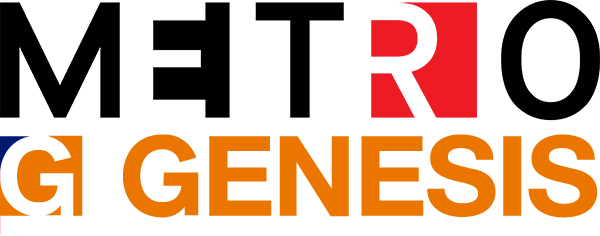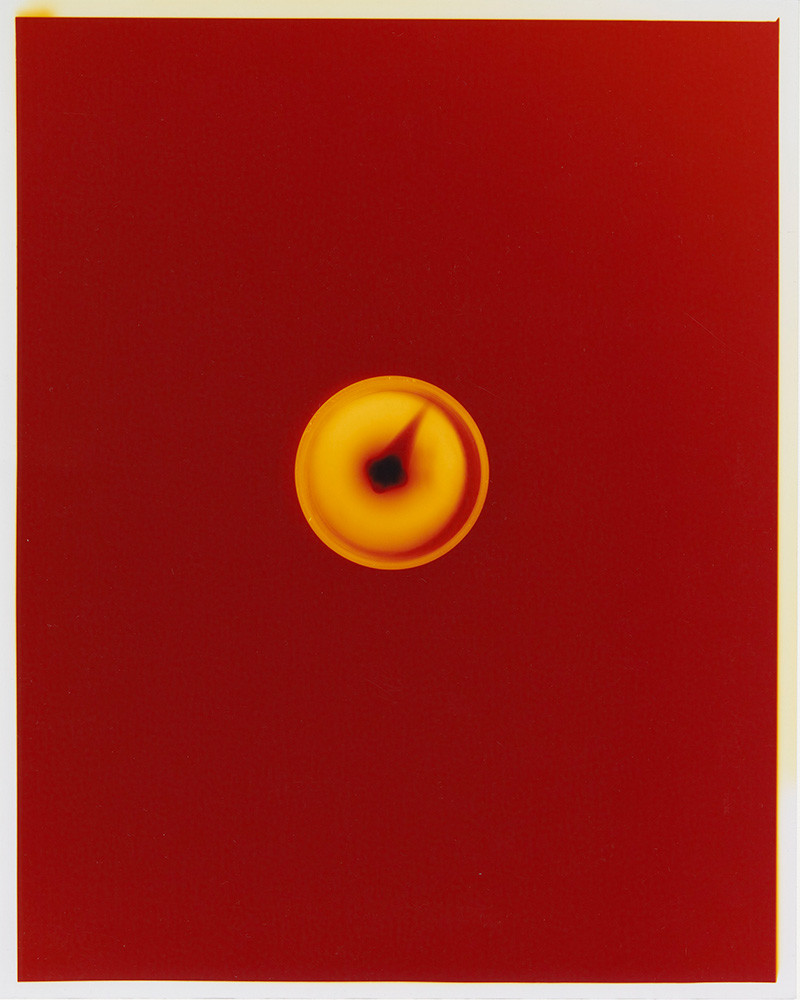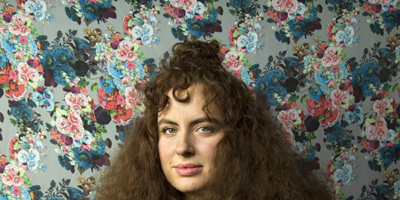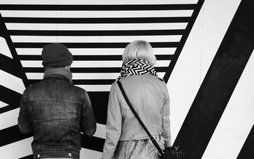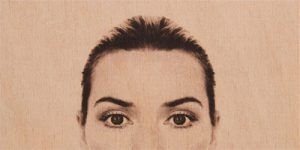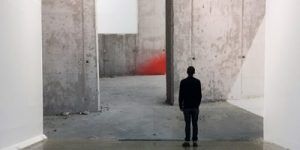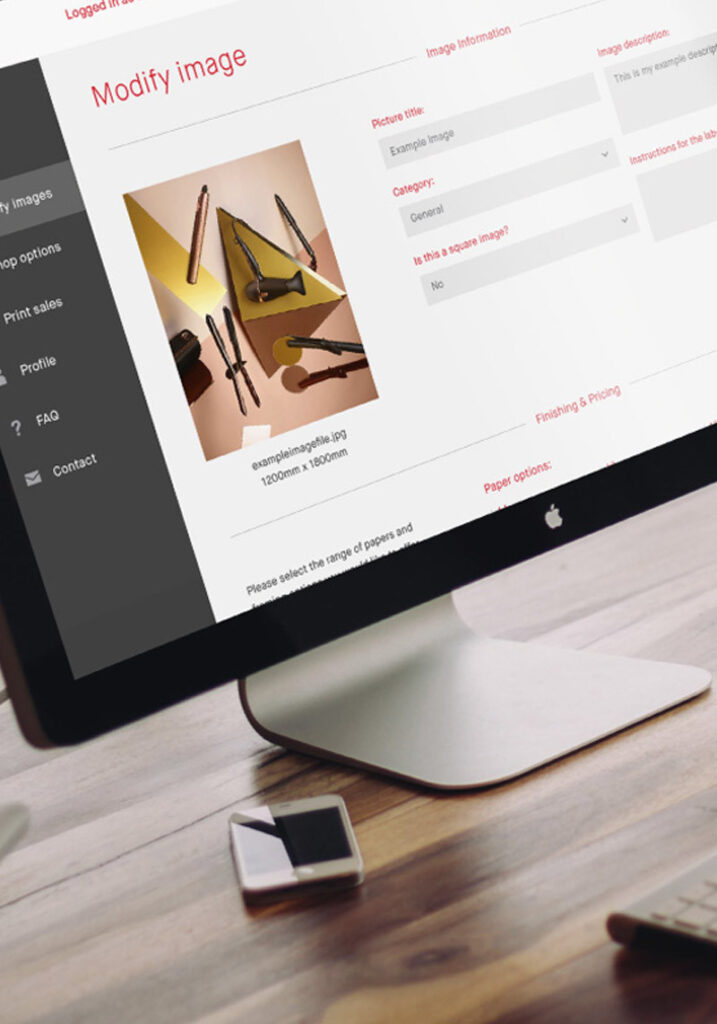Metro Imaging has an established record for supporting education not only through its extensive Student Services offering but also through outreach and extended programmes of mentorship. Since 2006 we have been partnering with LCC and UAL and this year’s mentorship award winner Maite de Orbe is joins a long line of exceptional talent.
This year has thrown up unprecedented challenges for our mentorship scheme and how we interact with mentee’s during this time, but we are determined to continue on as we believe that support has never been more important. We took the opportunity to interview Maite about her experiences so far and what it means to be recently graduated during these times.
It’s fair to say that your practice embraces several approaches from the autobiographical through to fashion editorial. There is a natural and ambiguous blending of genres in your approach – is this something that comes to you easily and if so how would you describe your work given that you exhibit and publish your work in editorial and book form?
Yes, there is certainly a mix of genres in my practice but this is something I have been able to verbalize after thinking a lot about my work in order to define it. What I want to say with this is that mixing a fashion aesthetic with my personal life comes as a consequence, but not a starting point. I did not decide it, I just realized. Therefore, it is quite easy for me to work in this way. My friends influence me a lot, I always say that I aim to make visible the conversations I have with them; their (our) struggles as a generation that has been influenced by a specific media and, of course, fashion, that shapes the way we think and present ourselves. The difference between editorials and books just depends on the length of the project; with an editorial you have to tell a story very fast, a book is more like a diary of visual thoughts.
We are living through unprecedented times with the pandemic, making it a challenge for us all to connect and build networks. How important is mentorship to you in supporting you and connecting you to industry after graduation?
The situation is certainly complicated for recent graduates. It is already challenging to become a graduate and more when the world is semi-paralyzed. I feel really grateful for this mentorship. Isolation at this moment is a general feeling and everyone becomes scattered forgetting how important our community is to keep us both motivated and creative. The mentorship is a constant reminder of this and I try to communicate the same to the people around me. It is like a chain reaction of support and care and this keeps me concentrated and positive. Additionally, it is also guiding me into the realities of the creative industry where I am learning to overcome insecurities and professionalizing my practice.
It is true to say that creatives operate in a state of flux, be it for funding; commissions and connecting with the wider community – the pandemic has pushed our resilience and ability to adapt at pace. Are you having to do things differently in order to keep moving your work forward and how has this time influenced your practice?
The pandemic has been, and still is, a moment of self-discovery for me. This introspection has been challenging at points but very rewarding as well. Whereas commissions and connections have become more complicated I have found the time and space to revisit old work. I have finished old projects and put together new ones and been able to send them out, getting very good results. So it has certainly slowed down everything, but not necessarily in a bad way. Actually, it has been really helpful to concentrate in the actual meaning of my work and how this can engage with what is happening in the world. I am now, and more than ever, convinced that photography has the power to critically think and speak about inequalities. Also, I have rethought the role of art and culture in society
as a medium to create new worlds, this is, to make visible alternative possibilities, which is now, more than ever, fundamental to keep people from getting stuck.
Where do you see your approach going next in regard to projects and is there anything in particular that you are working on that you would like to share with us?
I see that my practice is becoming more and more multidisciplinary as it is starting to involve a lot of curation and mixed media. I wrote my dissertation on the possibilities of photography to create immersive experiences and I am now studying this from the perspective or curation and installation. Conceptually speaking, I am still interested in some of the themes I have worked in during my BA, such as gender, time and generations, and the body, but I am also including others such as post-nature and technology as we are reaching a critical moment in both. These areas can sometimes become really intense and I do think that fun things are important, so I am currently finishing the design of what will be my first published book ‘Feet in Madrid, head in London’ with Dossier Industries. This book is a celebration of youth and parties as safe spaces where identity can be rediscovered in queer communities and the effect that lockdown has had from my personal experience.
